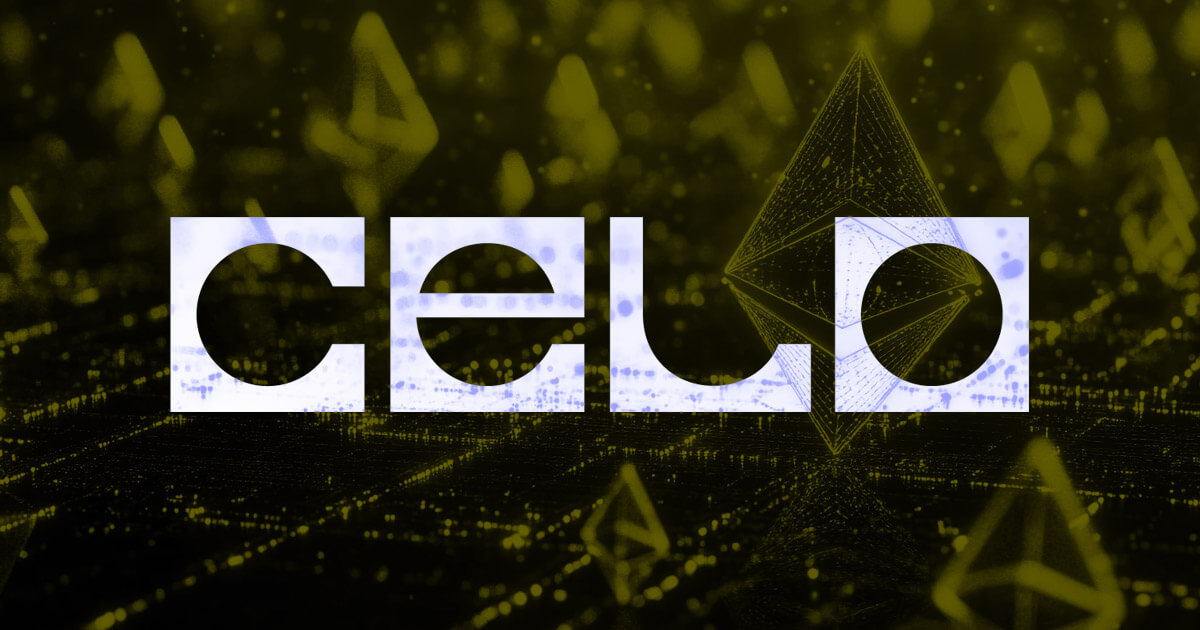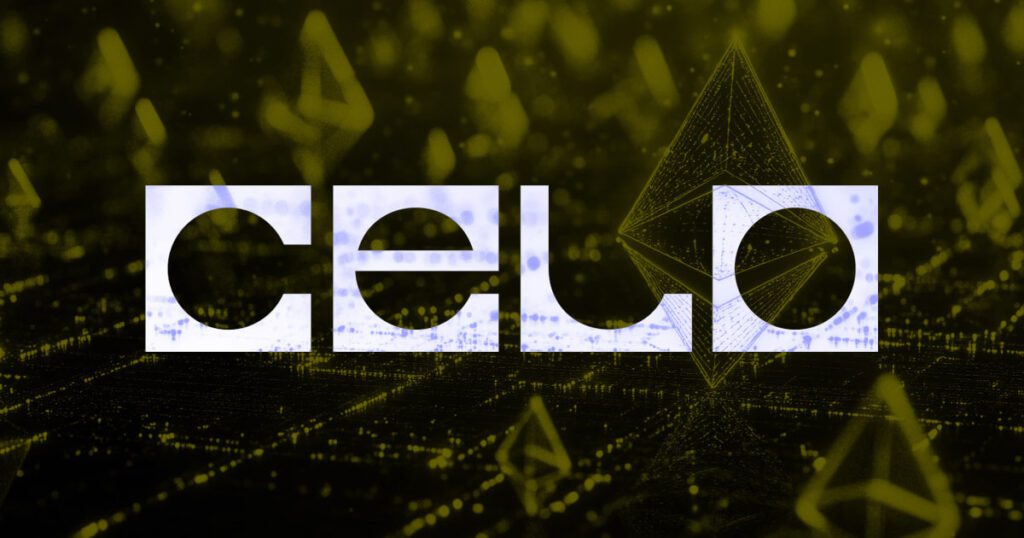
Celo, a leading Layer 1 blockchain, saw its native token drop 5% after its upcoming transition to an Ethereum Layer-2 network within Optimism’s now “controversial” Superchain ecosystem.
On November 27, Coinbase, the largest US-based cryptocurrency exchange, announced that it would not support Celo’s migration to a Layer 2 network. In contrast, Paolo Ardoino, CEO of Tether , confirmed the stablecoin issuer’s continued support for the network after the transition to the Ethereum ecosystem.
Data from CryptoSlate showed that this uncertainty had a negative impact on the network’s CELO token, which fell 5% to $0.81039 at the time of publication.
Community reaction
These divergent views have sparked mixed reactions within the community, with many criticizing Coinbase’s decision.
Marek Olszewski, CEO of Celo developers cLabs, expressed disappointment with Coinbase’s stance. He questioned whether the move could deter other Ethereum Virtual Machine (EVM)-compatible layer 1 chains from adopting Ethereum’s layer 2 scaling solutions.
Meanwhile, Kraken’s Inkchain founder Andrew Koller assured that his exchange would support the migration to an L2. He declared:
“Kraken and Ink (likes) the superchain and are fully committed to scaling Ethereum and making Kraken work for Celo users. We’ve asked the relevant teams to explore this to see if we can get everything done in time for January 16th.
Despite the setback, Olszewski suggested that the Celo community could consider renaming its existing layer 1 chain to “Celo Gold (CGLD)” to accommodate Coinbase’s current support framework. He hinted that this could simplify future adoption if Coinbase supports Layer 2 upgrading.
Community urges Coinbase to rethink
EigenLayer founder Sreeram Kannan speculated that Coinbase’s decision may have come from an “oversight” rather than outright opposition. He encouraged the exchange to review its position, highlighting the potential benefits of supporting the integration of Celo into the OP stack.
Kannan said:
“I think this is probably an internal oversight at Coinbase. There is no chance that the company building the Ethereum L2 leader in users and a primary contributor to OP public goods will choose to stop supporting Celo after it becomes an L2-based OP stack.
On the other hand, Nass Eddequiouaq, CEO of Bastion, an a16z-funded crypto startup, highlighted the operational and regulatory complexities that exchanges face when adding support for new chains, especially in states -United. He added:
“Exchanges and custodians typically wait to see which leg of the fork picks up activity before adding one support and depreciating the other.”




